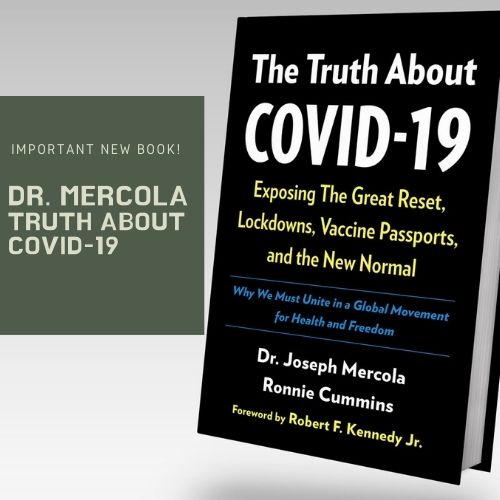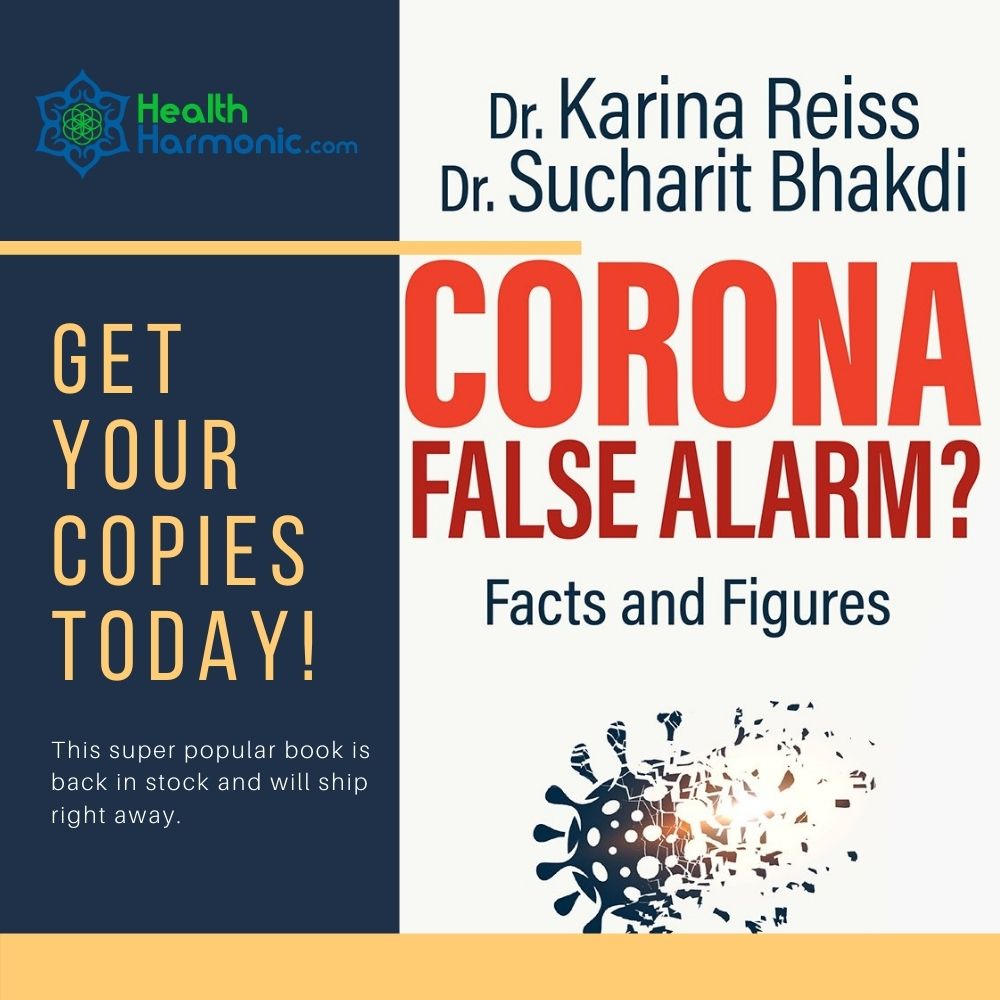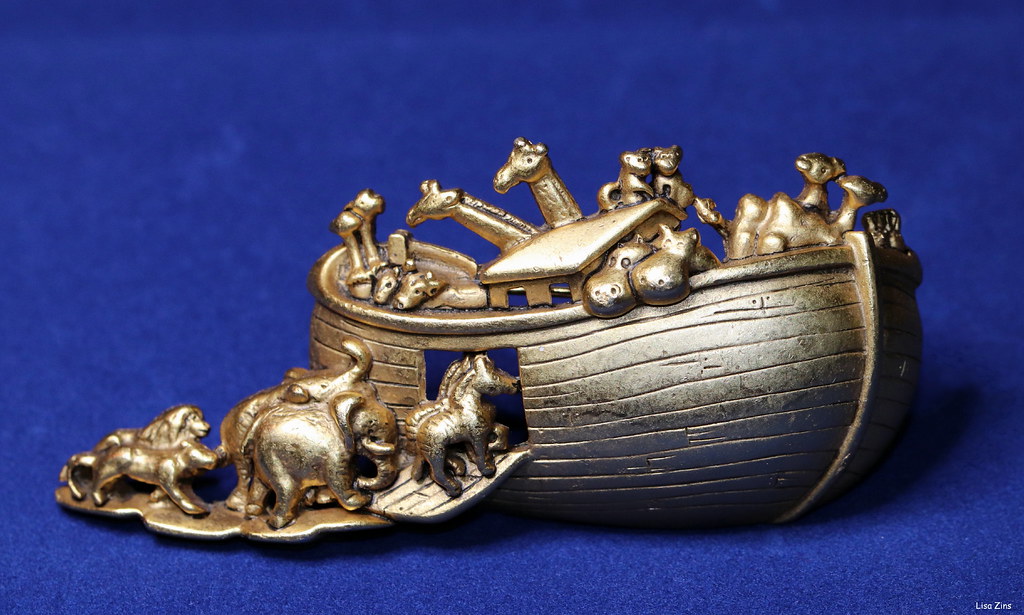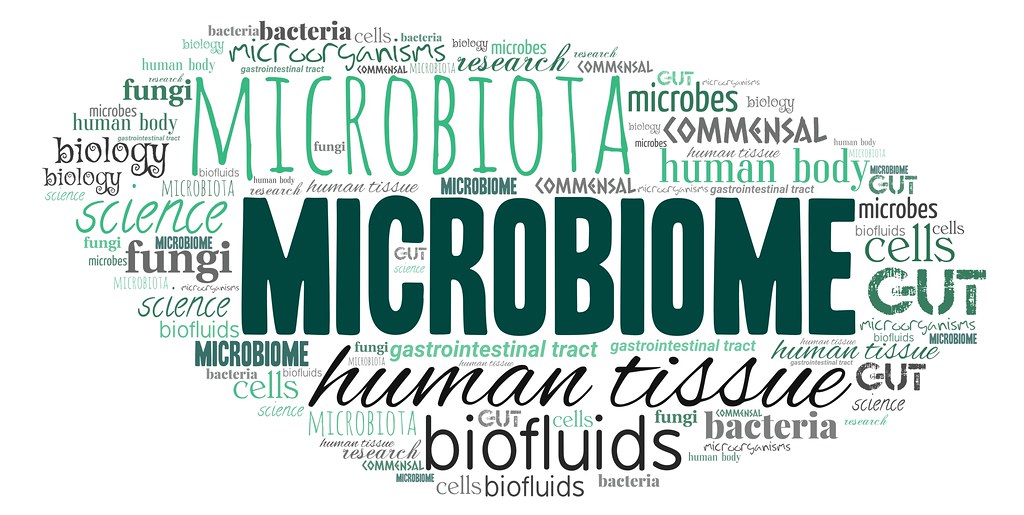Almost a century ago, scientists discovered that cutting calorie intake could dramatically extend lifespan in certain animal species. Despite numerous studies since, however, researchers have been unable to explain precisely why.
Now, investigators at the Lewis Katz School of Medicine at Temple University (LKSOM) have broken past that barrier. In new work published online September 14 in Nature Communications, they are the first to show that the speed at which the epigenome changes with age is associated with lifespan across species and that calorie restriction slows this process of change, potentially explaining its effects on longevity.
“Our study shows that epigenetic drift, which is characterized by gains and losses in DNA methylation in the genome over time, occurs more rapidly in mice than in monkeys and more rapidly in monkeys than in humans,” explains Jean-Pierre Issa, MD, Director of the Fels Institute for Cancer Research at LKSOM, and senior investigator on the new study. The findings help to explain why mice live only about two to three years on average, rhesus monkeys about 25 years, and humans 70 or 80 years.
Chemical modifications such as DNA methylation control mammalian genes, serving as bookmarks for when a gene should be used – a phenomenon known as epigenetics.

















